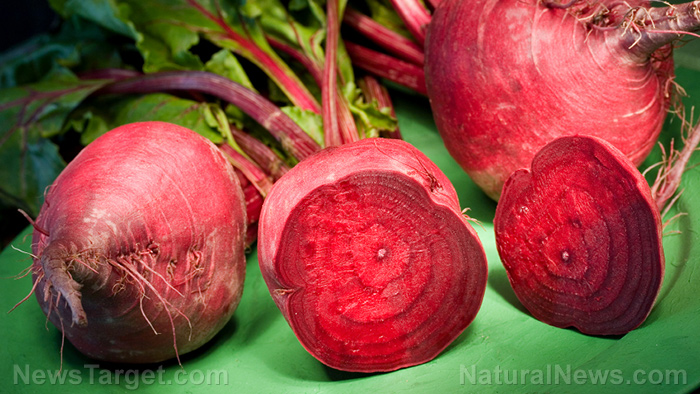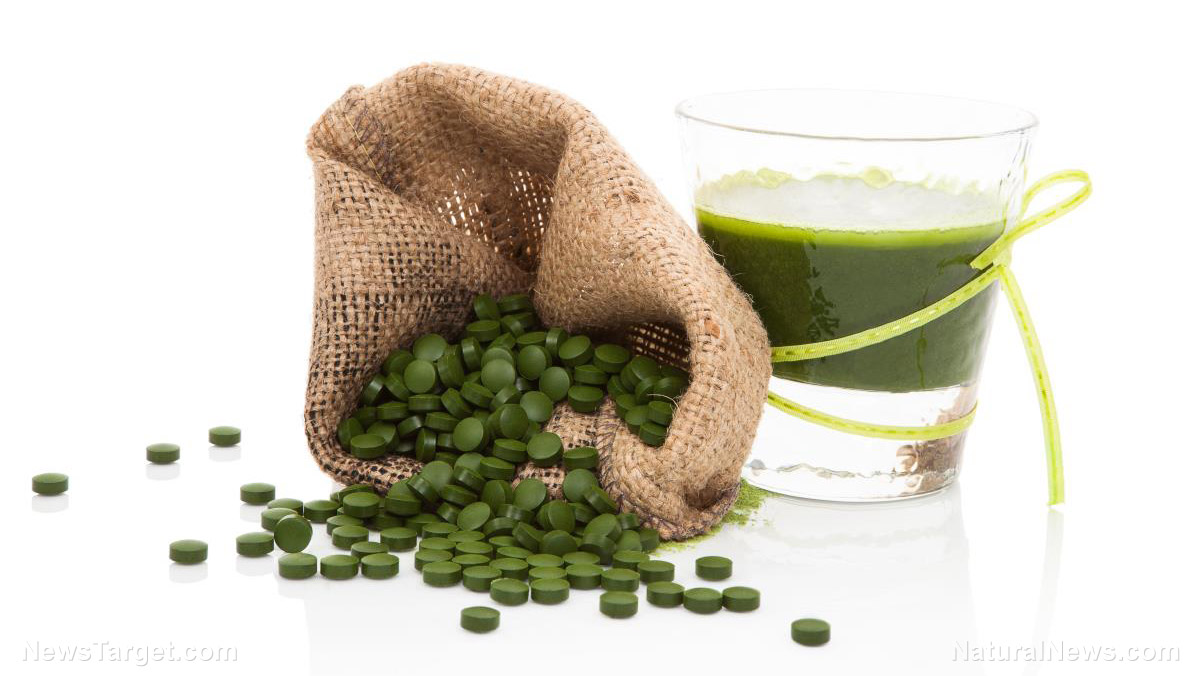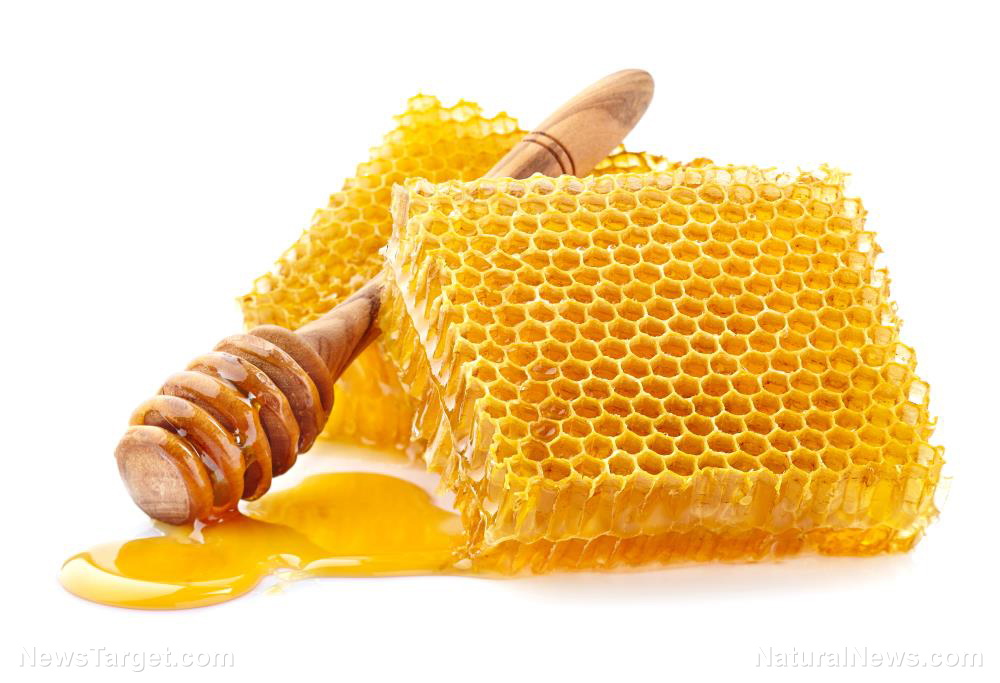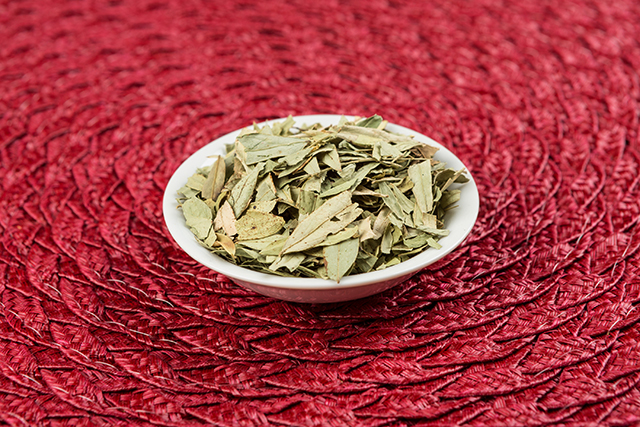Mechanism identified to explain how tea nutrients halt cancer cell replication in the human body via epigenetic changes
01/09/2019 / By Russel Davis

A recent study published in Human Molecular Genetics revealed that tea consumption resulted in positive epigenetic changes in the body, providing better insight on how the pharmacologically-active components of tea inhibit cancer cell replication. Previous studies have already established that both coffee and tea have the potential in disease-risk management by suppressing tumor progression, reducing inflammation and influencing estrogen metabolism. According to previous studies, these mechanisms might be end results of certain epigenetic changes in the body.
As part of the study, a team of international researchers from Sweden, Greece and the U.S. pooled data from four European cohorts with a total population of more than 3,000 participants. The research team carried out a genome-wide DNA methylation study about the participants’ coffee and tea consumption. The study revealed that women who drank tea exhibited positive epigenetic changes, many of which were seen in genes involved in cancer and estrogen metabolism. However, the research team did not observe the same changes in men who drank tea. The experts also did not see positive epigenetic changes in participants who consumed coffee.
“Both coffee and tea have been suggested to play an important role in modulating disease-risk in humans by suppressing tumor progression, decreasing inflammation and influencing estrogen metabolism. These mechanisms may be mediated by changes in DNA methylation…After adjusting for multiple testing, the meta-analysis revealed that two individual CpG-sites, mapping to DNAJC16 and TTC17, were differentially methylated in relation to tea consumption in women. No individual sites were associated in men or the sex-combined analysis for tea or coffee. The regional analysis revealed that 28 regions were differentially methylated in relation to tea consumption in women. These regions contained genes known to interact with estradiol metabolism and cancer,” the researchers said in Genetic Engineering & Biotechnology News.
“Previous studies have shown that tea consumption reduces estrogen levels which highlights a potential difference between the biological response to tea in men and women. Women also drink higher amounts of tea compared to men, which increases our power to find association in women,” lead researcher Weronica Ek explained in a separate article in Science Daily.
Previous research have shown that tea compounds known as catechins result in epigenetic changes in vitro and in cultured cancer cells, which demonstrate that the health benefits found in tea maybe facilitated by epigenetics. However, the recent study did not determine whether or not it is healthy to drink tea. The findings warrant further research to understand how these epigenetic changes impact human health.
Previous studies show that tea intake slashes cancer risk
A large number of studies have previously demonstrated that catechins may help suppress certain cancers. In fact, a study published in 2017 revealed that green tea may help reverse multiple myeloma cancer. According to the research team, catechins from green tea prevented the disease-causing light chain amyloid from replicating and accumulating in the body.
An analysis conducted by researchers at the Tea Research Institute at Zhejiang University and the National Tea and Tea Product Quality Supervision and Inspection Center in China revealed that certain in vitro and in vivo studies demonstrated that green tea consumption was associated with lower odds of developing breast cancer.
A Taiwanese study also showed that tea consumption was linked to reduced odds of head and neck cancer. To carry out the study, a team of researchers examined nearly 400 cases of head and neck cancer and compared them with 413 controls. The study revealed that tea intake was correlated to significant declines in head and neck cancer risk, especially for pharyngeal cancer. The research team concluded that tea may provide natural chemo-preventive properties to keep the conditions at bay.
Sources include:
Tagged Under: alternative medicine, Green tea, herbal medicine, natural cures, natural medicine, natural remedies, plantmedicine, tea, tea extracts

















